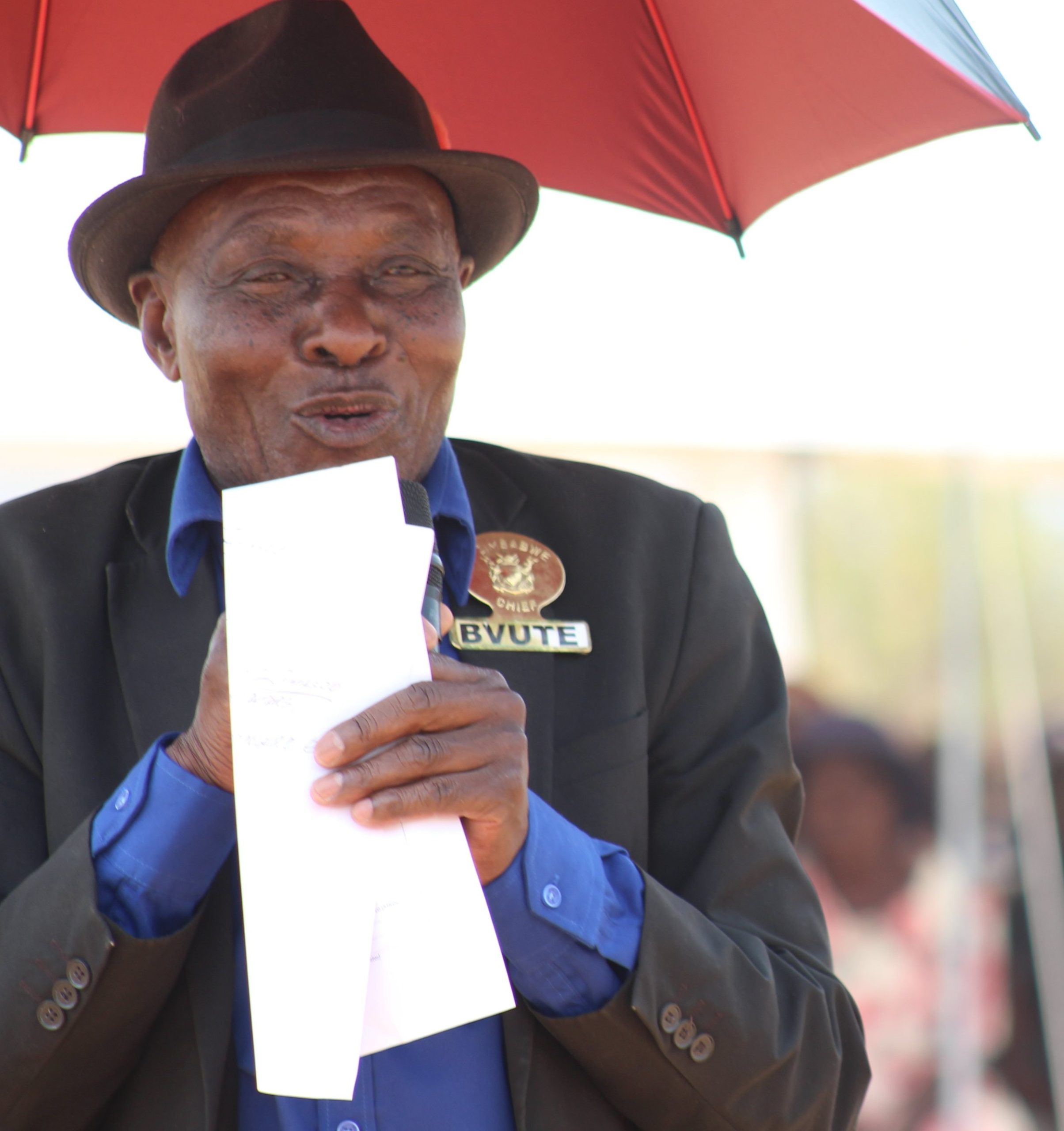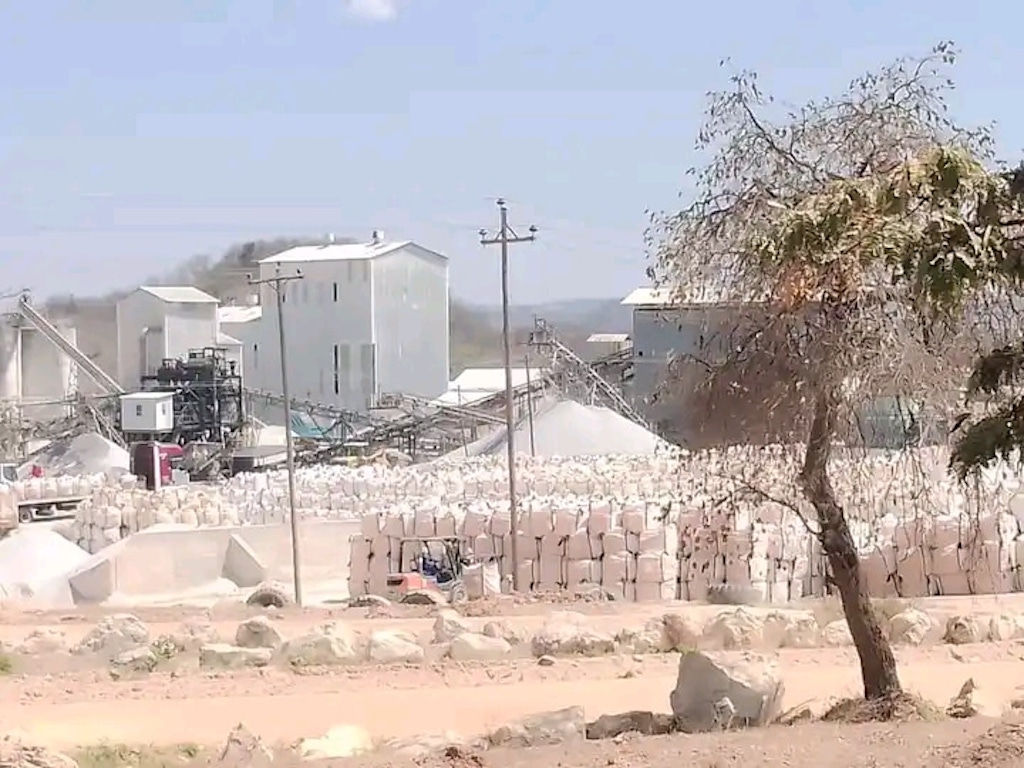…as communities call for locally-based environmental protection
Obert Sithole
Traditional leaders have called for the amendment of the mining law so that chiefs would have meaningful roles to play in the allocation of mine registration certificates in the country.
Chief Bvute, whose real name is Andrew Bvute, of Mberengwa said the current process as provided by the law undermined the authority of traditional leaders, leading to environmental degradation, desecration of sacred places and social vices in mining communities.
“Before anybody begins to prospect for minerals, they should first engage with us as community members, and not to simply come to us at the end when they already have all the papers. Everything can change, and if we understand that climate has changed, why then can’t the law change? When chiefs are disgruntled, things do not go well because chiefs are appointed by God, they are not elected by the people,” said Chief Bvute, during the 13th Zimbabwe Alternative Mining Indaba (ZAMI) which took place from October 28 – November 01, 2024 in Bulawayo
He said chiefs should be role players in the whole mine registration process starting from the issuance of prospectors licences.
“When miners want to prospect for minerals, they must first engage community members because they are the ones who know sacred places and the graves of ancestors that must be protected. Right now, I am appalled that old graves are getting dug up in search of gold; there are many places that we all know that have been dug up, and the remains of our ancestors are being stripped of gold bangles,” said Chief Bvute.
Prospecting licenses are issued in terms of Section 20 of the Mines and Minerals Act [Chapter 21:05], while registration of rights for minerals discovered during prospection is done in terms of Section 45 and 48 of the same law.
These processes are enforced by government bureaucrats in the Ministry of Mines and Mining Development led at provincial level by the Provincial Mining Directors, with no input of traditional leaders.
However, traditional leaders are often consulted during environmental impact assessments that holders of mining licences are obliged to carry out before commencement of mining activities in terms of the First Schedule 7b of the Environmental Management Act [Chapter 20:27].
Environmental impact assessment leads to the production of environmental impact reports that are submitted to the Environmental Management Agency (EMA) which then issues Environmental Impact Assessment (EIA) certificates to applicants if the reports are found to be satisfactory.
However, Chief Marozva whose real name is Ishmael Mudhe, of Bikita dismissed the significance of this process to the authority of chiefs and their people whom he claimed were simply being used to rubber stamp a foregone process.
“We are a tool used by companies to get their papers through. In my area, we stopped one such process after being asked to participate in an environmental impact assessment yet the whole site had already been fenced and security guards deployed. We are of the opinion that all that should have been done after the consultations.
“We also have Bikita Minerals which has previously cleared new ground where they wanted, and they went on to set up a new plant and build houses. There was no environmental assessment that was carried out. We then sought audience with EMA which however informed us that Bikita Minerals was an old established company which no longer needed to conduct new EIA exercises,” complained Chief Marozva.
Meanwhile some community members working with EnviroPress have called for community-based environmental protection officers to complement the inadequate efforts by EMA.
“EMA does not have the resources to be available at every place they are needed all the time. The agency does not even enjoy full political support of its activities. We should have local people playing watchdog role against the impunity by mining companies,” said Tsitsi Matumba, an activist from Mberengwa.
This sentiment was echoed by Nompumelelo Moyo from Bikita who said community involvement in environmental policing was critical in stemming abusive practices by mining companies.
This project was made possible through a partnership with the Southern Africa Trust. The views expressed herein do not necessarily represent that of the Trust or its associates. www.southernafricatrust.org








